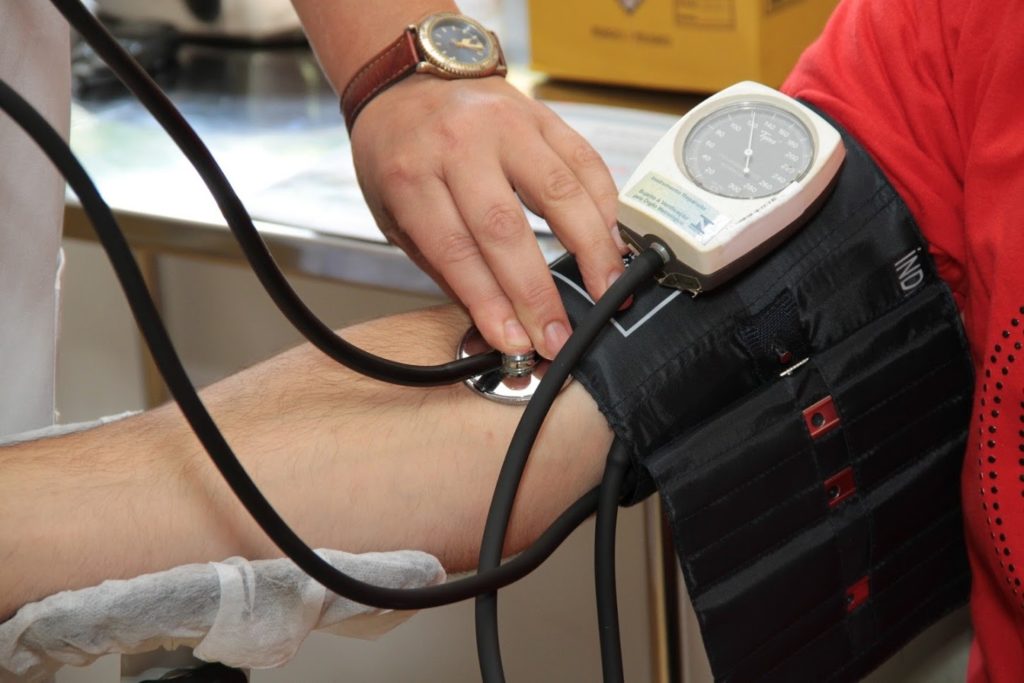Urgent care covers the NHS 111 services, walk-in centres and out-of-hours (OOH) GP services. There have been a number of failures with contracts awarded to private providers. Most recently, the collapse of the company Allied Healthcare, which owns the OOH provider Primecare, has shown just how precarious some of these companies are and how quickly contracts can collapse leaving the NHS to pick up the pieces.
Primecare
Primecare are a good example of a company that was awarded large contracts, but failed to deliver and was financially unstable; the company has now abandoned contracts, often at short notice. Primecare is a subsidiary of Allied Healthcare, one of the UK’s leading homecare provider. In November 2018, the CQC issued a report on the financial status of Allied Healthcare; Allied Healthcare was due to make a large loan repayment at the end of November 2018 but there appeared to be insufficient funds. The report noted that the company might not continue trading after the end of November 2018. A letter to all councils and CCGs advised them to make contingency arrangements in the event of the company withdrawing from contracts.
The company’s Primecare subsidiary has contracts for out-of-hours (OOH) and urgent care throughout the midlands. CCGs and GPs have been sent letters advising them to find new providers of these services by the end of November.
In November 2018, GPs at 20 Birmingham practices were told that they needed to seek replacement OOH cover after Primecare gave them just 10 days’ notice that it will stop trading at the end of the month. Primecare also provides OOH and urgent care services in Walsall, Sandwell and West Birmingham, Herefordshire, and Nene, and is part of an integrated 111 and OOH contract covering 16 CCGs in the west Midlands.
Allied Healthcare is owned by German private equity investor Aurelius. In a statement the company said it was “actively exploring a range of options in order to minimise disruption to continuity of care, including the sale or transition of care and support services on a regional or contract-by-contract basis to alternative providers best placed to deliver care at a local level”.
Primecare has had difficulties delivering services in other areas, even before the financial situation reached a crisis. In January 2017, East Kent CCGs awarded Primecare one of the first integrated NHS 111 and GP out of hours services contracts, but after only seven months the company was placed in special measures. Primecare’s services in East Kent were rated inadequate by the Care Quality Commission. Failings included not assessing risks to patients’ health and not having enough staff to meet patient needs. The CCG has said that a review of the procurement process will also take place. Then in September 2017, Primecare announced that it will hand back the contract to the NHS mid-way through the three year contract in July 2018.
There were issues at the start of the contract; the 111 service in East Kent was originally meant to transfer to Primecare in September 2016 together with the out-of-hours service. However, the South East Coast Ambulance Service was asked to continue to provide the 111 service first until October 2016 and then until November 2016 with a phased handover to 10 January 2017. The second request for a delay to November was made with just 12 days’ notice. The delay was while the out of hours services, previously run by IC24, transferred to Primecare. The ambulance trust had no option but to continue to provide the 111 service despite it causing a strain on its service across the region.
Central Nottinghamshire Clinical Services
Primecare is not the first OOH provider to go under, in May 2016 Central Nottinghamshire Clinical Services, the private company in charge of OOH services across the East Midlands, announced it was filing for administration. It stopped its services in Leicester, Leicestershire, Rutland and north Nottinghamshire and they were transferred to another provider. The company also ran care home support services and these were transferred to Nottinghamshire Healthcare Trust.
Serco in Cornwall
An earlier scandal in OOH provision involved Serco. The company was responsible for OOH care in Cornwall, but in December 2013 Serco announced that its contract to provide out-of-hours care in Cornwall for Kernow CCG would end 18 months early in May 2015. The contract was dogged with controversy – Serco had to admit that some of its staff had falsified data to make the company’s performance appear better than it was and whistleblowers had raised concerns about poor staffing levels. In 2013, Serco unsuccessfully tried to sub-contract the work to Devon Doctors, the GP consortium that had failed to win the original bid; Serco had won the bid as it was cheaper.
See below for further reading on contract failures.
Dear Reader,
If you like our content please support our campaigning journalism to protect health care for all.
Our goal is to inform people, hold our politicians to account and help to build change through evidence based ideas.
Everyone should have access to comprehensive healthcare, but our NHS needs support. You can help us to continue to counter bad policy, battle neglect of the NHS and correct dangerous mis-infomation.
Supporters of the NHS are crucial in sustaining our health service and with your help we will be able to engage more people in securing its future.
Please donate to help support our campaigning NHS research and journalism.


